Will the dream of interstellar travel soon become reality? Experts have been working for some time on concepts that will one day enable us to enter foreign star systems. Until now, the vast expanses of space have always thwarted this ambitious desire – after all, even the Alpha Centauri system, which is only 4.34 light-years away, is tens of thousands of travel years away with our current means! But now NASA has presented a revolutionary propulsion technology that should get us to the star system of our dreams in just 40 years! But how does the groundbreaking Sunbeam drive work? What technical tricks will make the vast distances of the cosmos seem forgotten – and when will the first interstellar research probe leave Earth?
Category: innovation – Page 45
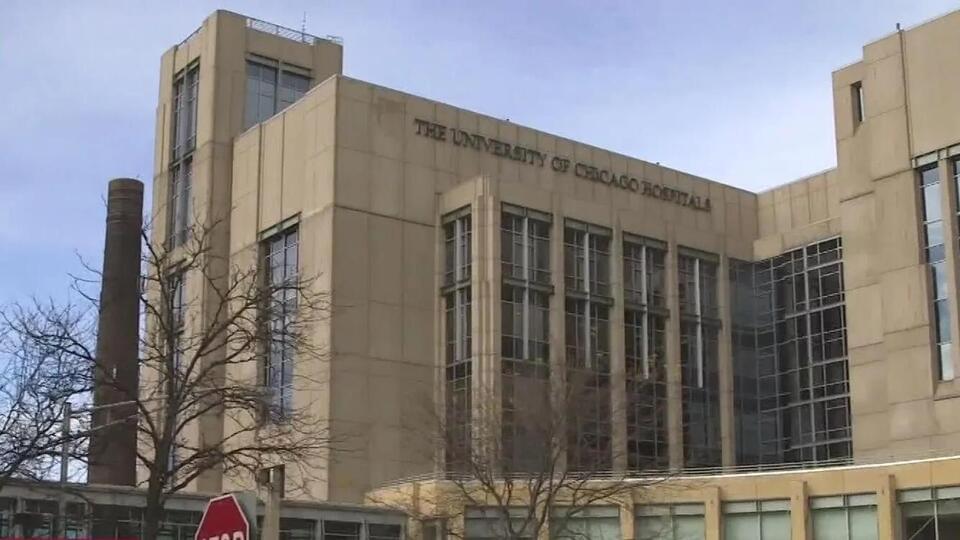
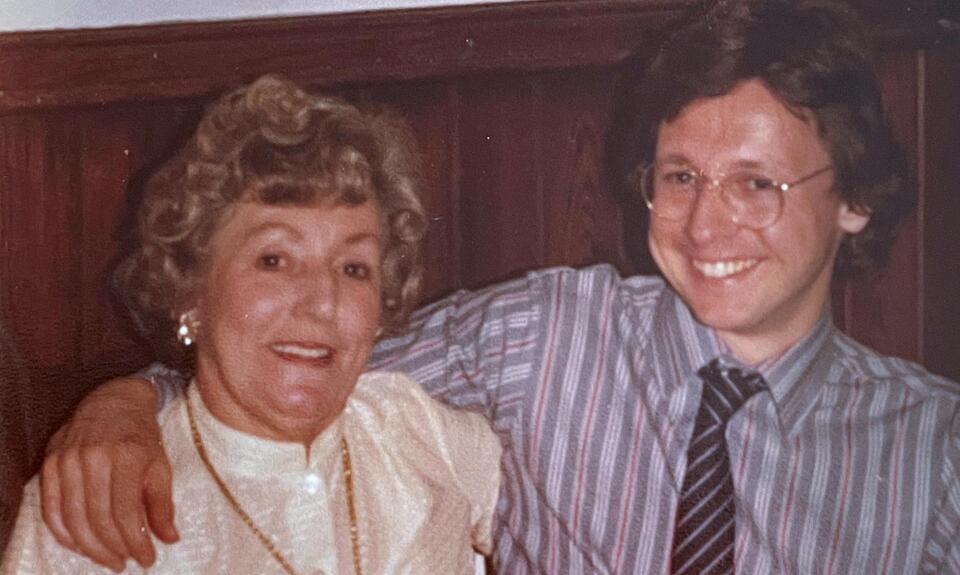
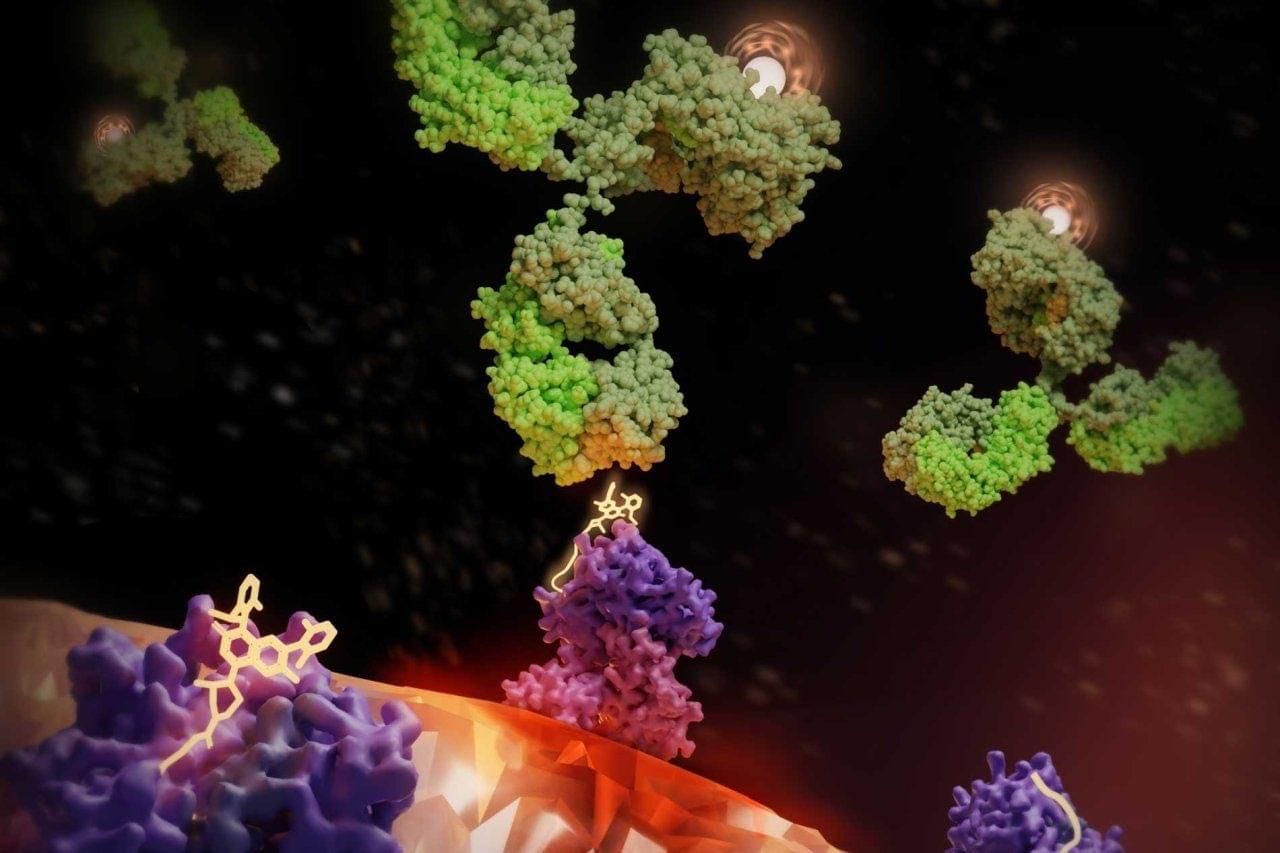
View a PDF of the paper titled The Danger of Overthinking: Examining the Reasoning-Action Dilemma in Agentic Tasks, by Alejandro Cuadron and 15 other authors
Abstract: Large Reasoning Models (LRMs) represent a breakthrough in AI problem-solving capabilities, but their effectiveness in interactive environments can be limited. This paper introduces and analyzes overthinking in LRMs. A phenomenon where models favor extended internal reasoning chains over environmental interaction. Through experiments on software engineering tasks using SWE Bench Verified, we observe three recurring patterns: Analysis Paralysis, Rogue Actions, and Premature Disengagement. We propose a framework to study these behaviors, which correlates with human expert assessments, and analyze 4,018 trajectories. We observe that higher overthinking scores correlate with decreased performance, with reasoning models exhibiting stronger tendencies toward overthinking compared to non-reasoning models. Our analysis reveals that simple efforts to mitigate overthinking in agentic environments, such as selecting the solution with the lower overthinking score, can improve model performance by almost 30% while reducing computational costs by 43%. These results suggest that mitigating overthinking has strong practical implications. We suggest that by leveraging native function-calling capabilities and selective reinforcement learning overthinking tendencies could be mitigated. We also open-source our evaluation framework and dataset to facilitate research in this direction at this https URL.
From: Alejandro Cuadron [view email].
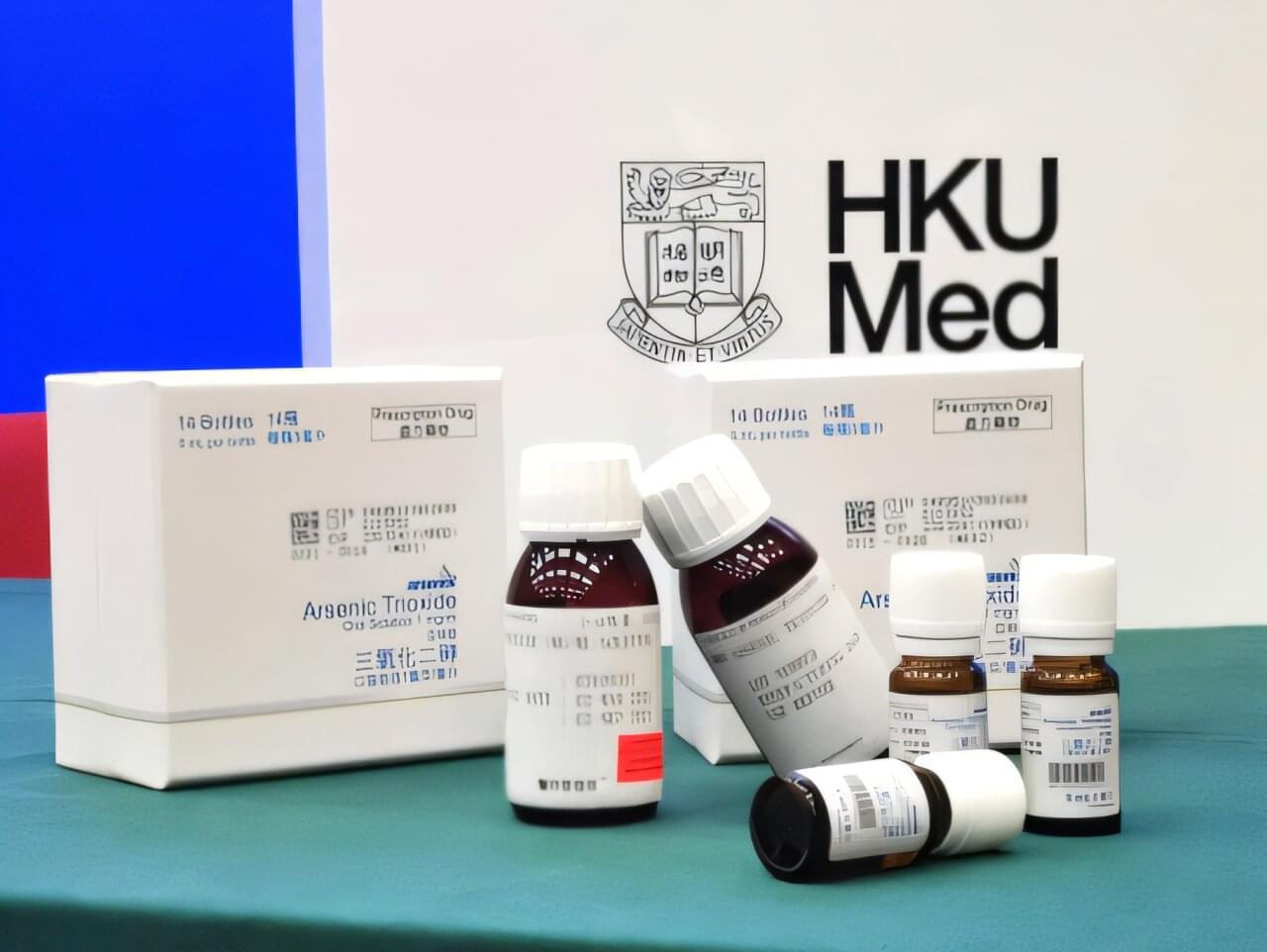
Oral arsenic trioxide for leukemia has a 97% cure rate: Hong Kong’s prescription medicine enters international arena
Researchers at the LKS Faculty of Medicine of the University of Hong Kong (HKUMed) have invented an oral formulation of arsenic trioxide (Oral-ATO; ARSENOL) for the treatment of acute promyelocytic leukemia (APL), a blood cancer that once had a high fatality rate.
The invention and use of oral-ATO is of historic importance for medicine in Hong Kong. It is the first-ever prescription medication wholly invented and manufactured in Hong Kong, and also the first to obtain U.S., European and Japanese patents.
After more than two decades of dedicated work, the HKU research team successfully translated this Hong Kong invention into clinical practice by incorporating oral-ATO into the treatment plan of APL patients. Extensive clinical studies of oral-ATO have demonstrated its high efficacy and safety in curing APL patients, with an overall survival (OS) rate exceeding 97%, along with a significant reduction in side-effects and treatment burden.

Quantum Networking Breakthrough As Entangled Photons Transmit Without Interruption for 30+ Hours
Their new stabilization method overcomes disruptions, keeping the network running smoothly and securely.
Quantum Breakthrough: First Entangled Signal Over Commercial Network
Researchers from the Department of Energy’s Oak Ridge National Laboratory (ORNL), EPB of Chattanooga, and the University of Tennessee at Chattanooga have successfully transmitted an entangled quantum signal over a commercial fiber-optic network. This achievement marks the first time multiple wavelength channels and automatic polarization stabilization have been used together — without any network downtime.
Unexpected Discovery Leads to a Catalyst That Improves Over Time
Scientists have developed a revolutionary catalyst that not only converts CO2 into valuable products but actually increases in activity over time.
Made from tin microparticles on a nanotextured carbon structure, this innovative electrocatalyst efficiently produces formate—a key compound for various industries. Unlike conventional catalysts that degrade, this one self-optimizes by breaking down into smaller tin nanoparticles, dramatically improving performance.
Breakthrough Catalyst for CO2 Conversion.

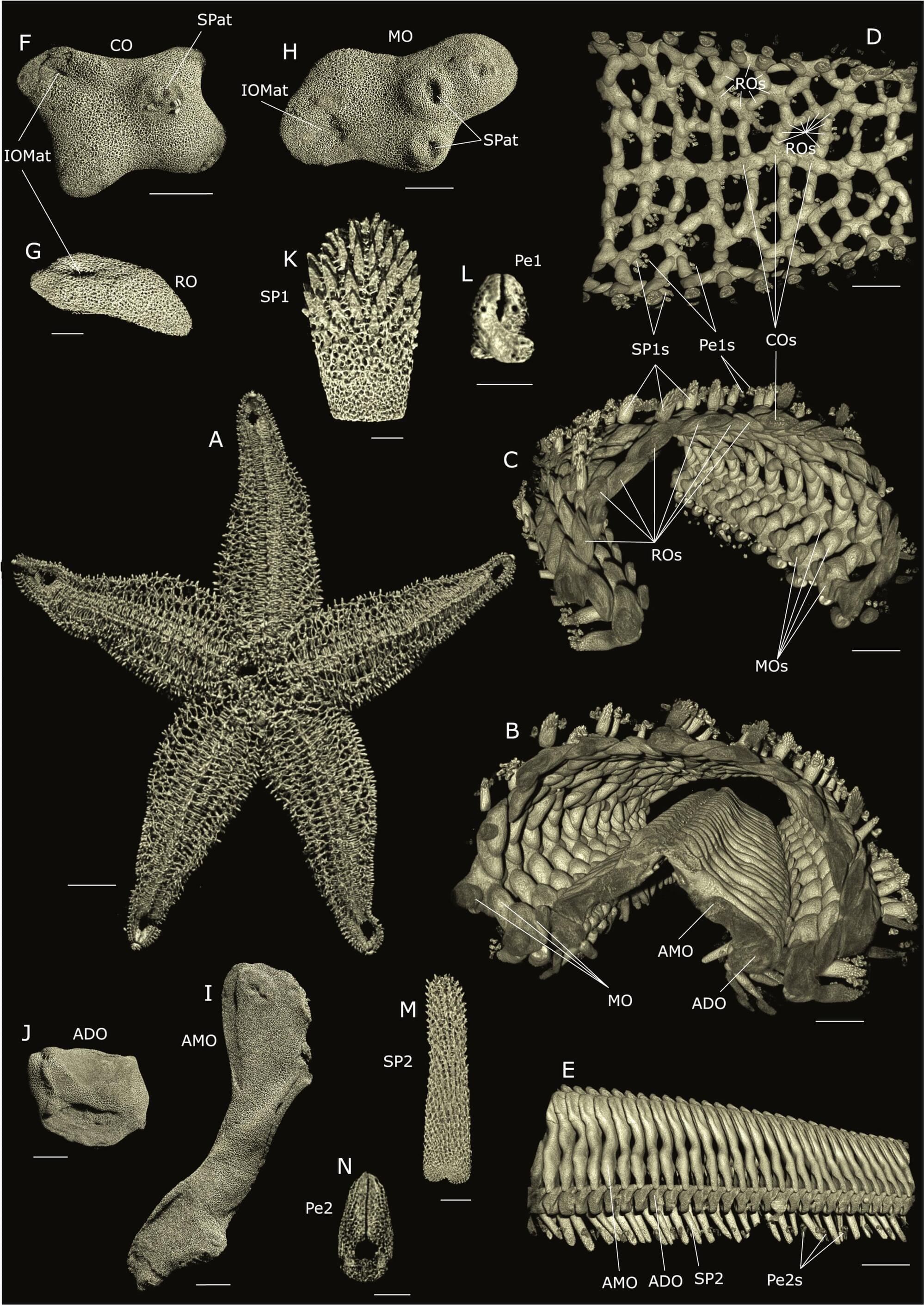
Starfish skeletons provide key insights into bone evolution
Researchers at the Biomimetics-Innovation-Center, Hochschule Bremen—City University of Applied Sciences, have made pioneering discoveries about how mechanical stress shapes the ultrastructure of starfish skeletons. Published in Acta Biomaterialia, their study delivers the first in-depth analysis of how starfish skeletons respond to varying stress conditions, revealing new insights into the evolutionary mechanisms that drive skeletal adaptation.
While starfish are widely recognized—especially thanks to pop-culture icons like Patrick Star in SpongeBob SquarePants—their remarkable internal structure often goes unnoticed. Sharing an evolutionary lineage with vertebrates, starfish serve as powerful models for studying the development of endoskeletons.
Their skeletons consist of thousands of small, bone-like elements called ossicles, which feature a complex, porous structure strikingly similar to human and other vertebrate bones. According to lead author Raman and colleagues, these ossicles exhibit microstructural adaptations that mirror the mechanical loads they experience, demonstrating a universal principle of stress adaptation.